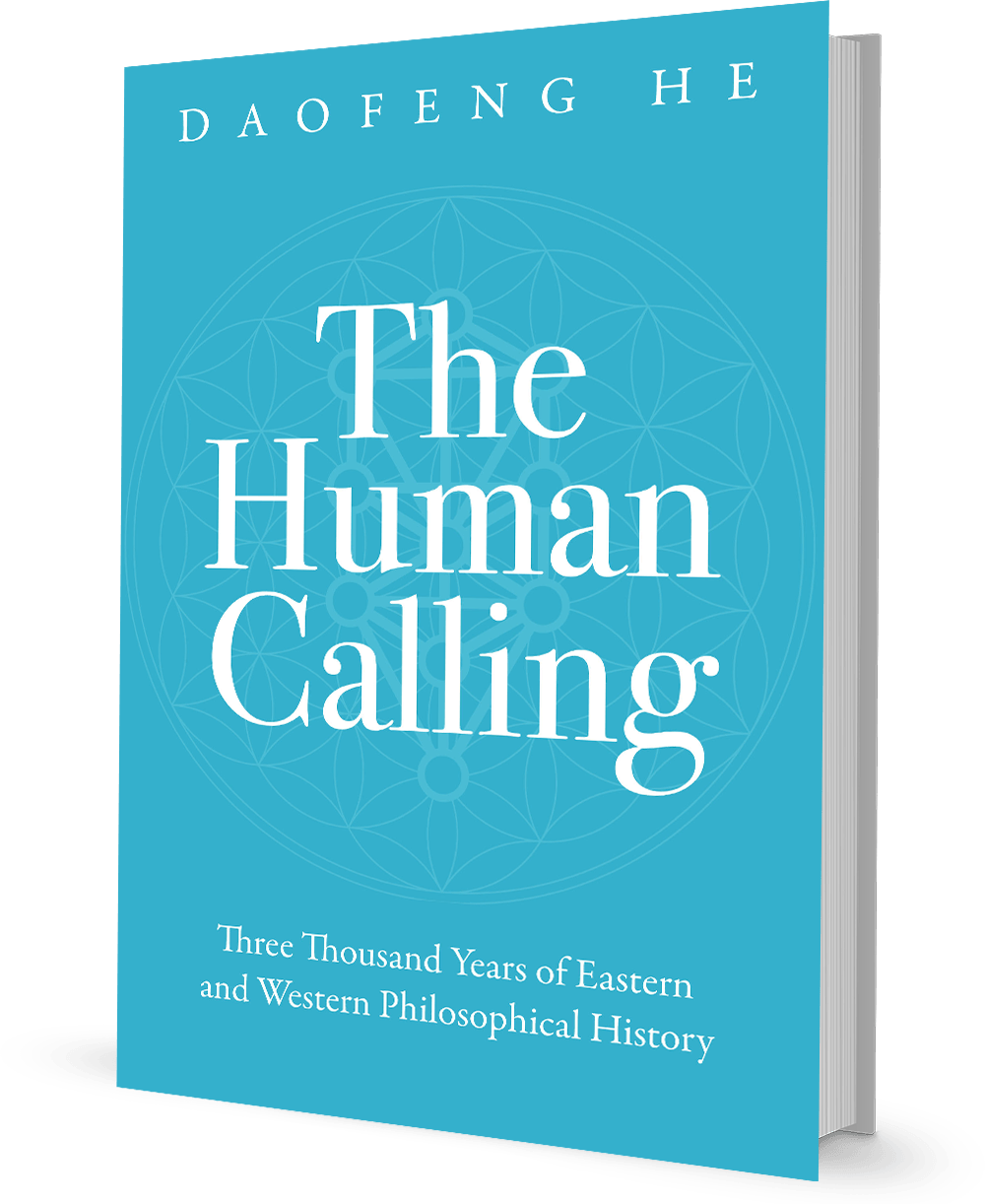The behavior of the particles that make up the universe may not always be predictable – at least by us at our present state of knowledge – but it is not random. The particles obey laws. We human beings, with our words and concomitant powers of reason, are a logical outcome of those laws and (as far as we know) we are the only creatures in the universe equipped with and by Logos to investigate and understand them. From the instant they existed humanity was going to happen. We were meant to be.
That does not mean our every move has been preordained. The fact that we have reason means we were meant to make conscious choices, not simply be driven by animal instinct. The logic of the universe, Logos, God, has given us free will to do as we choose, constrained only by the laws that bind all creation. We can choose well; we can choose badly. God did not set everything in motion for us to fail but left it to us to work out how to flourish both individually and collectively. But God did not abandon us, either. If we pay attention, if we heed what Logos calls upon us to be and do as humans – human calling – then God is pointing the way and we will thrive; if we don’t, if instead we look to false gods or let ourselves be seduced by counterfeit logoi or decide that we ourselves are gods, we risk creating hell on earth. History is replete with examples.
He Daofeng spent his childhood in one such hell, communist China, bidden to bow down before the idols of dialectical materialism and their murderous high priests. He experienced the Great Famine of the late 1950’s and the Cultural Revolution of the 1960’s. He saw the worst that man can do to man, he lived with the stench of the corpses, he witnessed the disembowelments. It inculcated in him a deep suspicion of state power wielded by self-serving ideologues and bureaucrats, and led him, as Mao’s successors created space for private enterprise and philanthropy, to become a champion of non-governmental institutions and market-based initiatives as the most effective means to fight poverty, uplift the less fortunate and create opportunity. He also became a highly successful entrepreneur.
Then, to his dismay, he saw the era of reform end and massive state-owned corporations start to metastasize along with the cancers of crony capitalism, corruption, and repression. He sold up his businesses and moved to the U.S., settling in a leafy suburb of Washington, DC, where he sat down to write The Human Calling, “an account,” as he calls it in the preface, “of the long and difficult journey a Chinese atheist took to find God.”
What he has delivered is a profound examination of humankind’s spiritual, philosophical and scientific quest to make sense of the universe and find our place in it, and of our striving to discover how we should live as individuals, communities, and nations. Mr. He is a remarkable guide. He has read and thought deeply and has successfully synthesized an extraordinary amount of information. If you take the journey with him, you will emerge spiritually enriched and looking at the world through new eyes. Your faith in Christ will be confirmed, but not, necessarily in Man. The book ends with a stark warning of the damage we will do ourselves if we turn our backs on God.
There is an enormous amount to digest in The Human Calling and every reader will have his or her own takeaway. Two ideas resonated with me. The first is that we make a fundamental mistake to see science and faith as entirely separate matters. To seek to understand the universe is to worship its Creator. God is as much to be found in quarks and muons as in scripture. Second, the technology derived from science is a double-edged sword. “Human ability,” if not tempered by “human calling,” will be our downfall.











